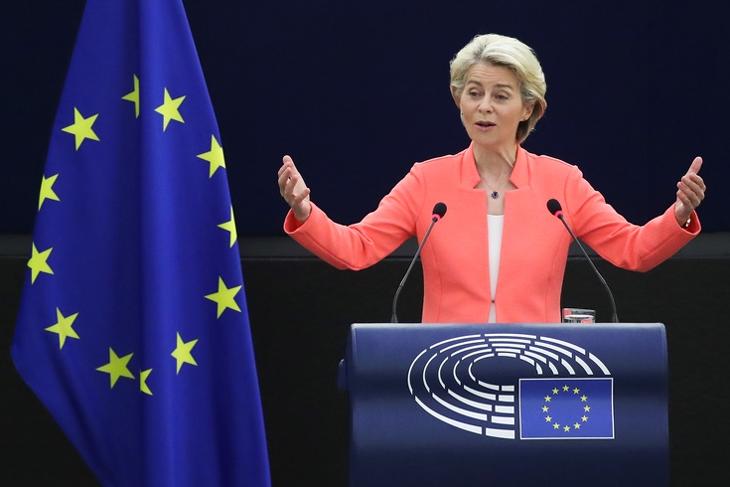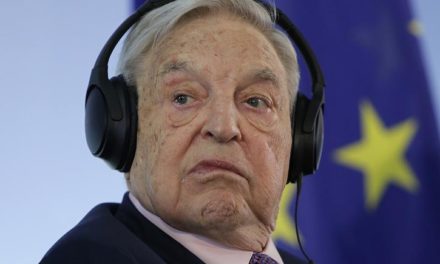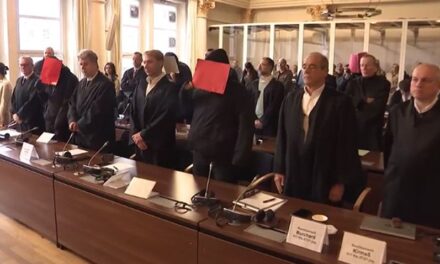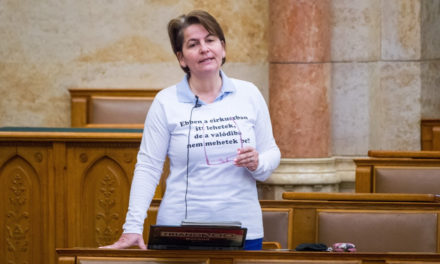An agreement has been reached between the European Union member states to ban the export of Russian oil to the Union, the EU is thus putting maximum pressure on Russia in order to end its war against Ukraine, announced Charles Michel, the president of the European Council, which brings together the leaders of the EU member states, in a Twitter message. , after the first working day of the two-day EU summit in Brussels, at dawn on Tuesday. According to the closing statement of the meeting, the ban does not cover crude oil transported by pipeline for the time being.
According to Charles Michel, the oil embargo applies immediately to more than two-thirds of oil imports from Russia. The ban on the export of Russian oil cuts off a huge source of funding from Moscow's war machine, he underlined.
The Council President also informed that the European Union's new sanctions package includes other tough measures, including those that exclude Sberbank, Russia's largest bank, from the global electronic payment system known as SWIFT, ban the EU services of three major Russian state-owned broadcasters , and those responsible for war crimes committed in Ukraine are brought under the scope of austerity measures.
In his message to Russian President Vladimir Putin, Charles Michel wrote: it is not the sanctions, but the Russian war against Ukraine that is hindering the delivery of food, thereby endangering food safety. More than 20 million tons of grain are wasted in Ukraine due to Russia's mines and war, he pointed out.
" We must stop the war and restore the global food supply chains, " said the European Council President, calling on the Kremlin to stop falsifying the news.
Michel also stated that the European Council and the world's seven most advanced industrialized countries (G7) will continue to help Ukraine meet its immediate liquidity needs. The council is also ready to provide 9 billion euros in aid to Kyiv. " This means strong and concrete support for the reconstruction of Ukraine, " he added.
At the press conference closing the first working day of the meeting, Charles Michel called the agreement a remarkable result and said: it is important for the EU to show that it is capable of being decisive and able to protect its interests.
In response to a journalist's question, he said: it is very important to sanction the Kremlin in addition to ensuring the security of energy supply and equal conditions of competition. He emphasized: the issue of sanctions affecting the energy sector is a sensitive topic, but we will do everything we can to end our dependence on Russian fossil fuels. He added: the council took into account the situation of landlocked countries.
The leaders of the member states wrote in their closing statement: they agreed that the sixth EU sanctions package covers petroleum products transported from Russia to the EU, with a temporary exception for crude oil transported by pipeline. They added that they will return to the issue of the temporary exception as soon as possible at this level as well. They also pointed out that emergency measures were also agreed upon in the event of a sudden interruption of the oil supply, in order to ensure the security of the supply.
The heads of state and government called on the European Council, which is called to decide on concrete measures for the agreement: to finalize and immediately adopt the necessary measures to ensure the operation of the EU single market, fair competition, solidarity between the member states, and equal conditions of competition between the member states in terms of phasing out dependence on fossil fuels from Russia.
Ursula von der Leyen, the president of the European Commission, welcomed the agreement in her message and said that the austerity measures will reduce oil trade from Russia to the European Union by around 90 percent by the end of the year.
At his press conference, the chairman of the EU committee expressed his hope that an agreement will soon be reached on the remaining 10 percent, mainly coming via the Friendship pipeline, with the agreement of the member states.
Ursula von der Leyen believed that the Russian oil coming to Hungary via the Barátság pipeline could be replaced by increasing the capacity of the Adriatic oil pipeline coming from Croatia by sea. According to him, the capacity increase may require about 45-60 days, as well as some investment, including the conversion of Hungarian oil refineries to process oil of a different quality. According to him, Hungary will have enough time to switch to the use of oil from other sources.
After the negotiations, Prime Minister Viktor Orbán said: " We have reached an agreement that states that the countries that receive the oil through a pipe can continue their farming under the old conditions ." He emphasized: " We defended the overhead reduction, we succeeded in defeating the proposal of the European Commission that would have banned the use of oil from Russia in Hungary ."
Leaving the meeting, Belgian Prime Minister Alexander De Croo confirmed that Hungary and Slovakia also have the option of introducing an emergency measure: if their oil supply were to decrease due to external reasons, they could provide it through other sources.
Polish Prime Minister Mateusz Morawiecki emphasized that without the agreement it would be difficult to talk about effective action against Putin's war machine.
Source and photo: MTI













